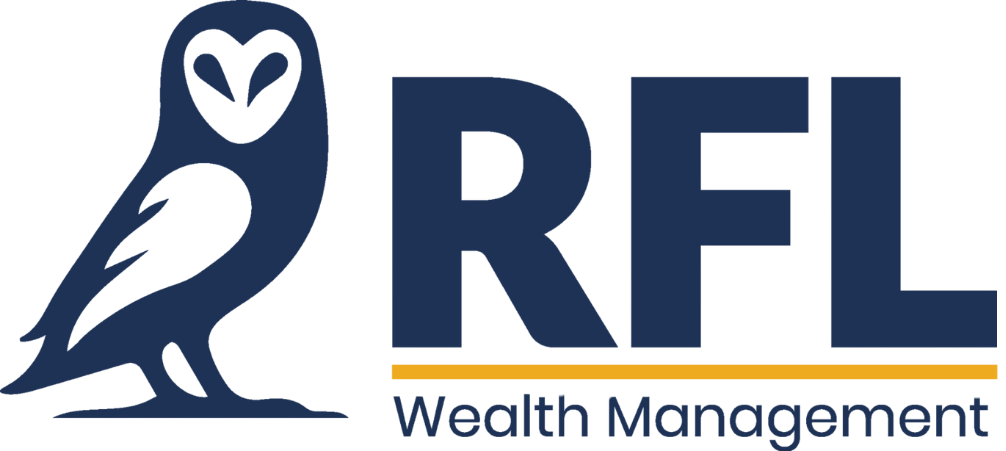How to Start Financial Planning for Your Retirement

Retirement is a phase of life that everyone eventually faces, and proper financial planning is essential to ensure a comfortable and worry-free retirement. Engaging in effective financial planning for retirement can help you achieve your desired lifestyle, maintain financial independence, and enjoy peace of mind during your golden years. In this comprehensive guide, we will explore the crucial steps and considerations involved in starting your financial planning journey for retirement.
Understanding the Significance of Financial Planning for Retirement
Financial planning for retirement is a proactive approach to secure your financial future beyond your working years. It involves setting financial goals, creating a savings and investment strategy, and making informed decisions to build a retirement nest egg. With life expectancies increasing and the uncertain nature of pension systems, personal responsibility for retirement planning has become more important than ever.
Step-by-Step Guide to Starting Financial Planning for Retirement
Preparing for a secure and fulfilling retirement involves a systematic approach that encompasses various aspects of your financial life. Follow this comprehensive roadmap to embark on your retirement planning journey with confidence and clarity:
- Evaluate Your Current Financial Situation
Begin by assessing your current financial standing. Take stock of your income, expenses, assets, liabilities, and savings. This evaluation will serve as the foundation for your retirement plan. Make a comprehensive list of all your financial resources, including savings accounts, investments, pension plans, and any other assets.
- Set Clear Retirement Goals
Define your retirement goals and envision the lifestyle you desire during your retirement years. Consider factors such as where you want to live, travel plans, hobbies, and other activities you wish to pursue. Having a clear vision of your goals will help you determine how much money you’ll need to save and invest to achieve them.
- Calculate Your Retirement Income Needs
Determine the amount of income you’ll require during retirement to maintain your desired lifestyle. Take into account factors such as housing costs, healthcare expenses, travel, entertainment, and potential inflation. Calculate your monthly and yearly expenses to arrive at a realistic estimate of your retirement income needs.
- Estimate Your Retirement Savings Gap
Once you’ve calculated your income needs, compare this figure with your anticipated sources of retirement income, such as government pensions, employer-sponsored plans, and existing savings. The difference between your income needs and expected income sources will reveal your retirement savings gap – the amount you need to save and invest to bridge the gap.
- Select Retirement Accounts and Investment Vehicles
Explore different retirement accounts and investment options available to you. Common retirement accounts include Individual Retirement Accounts (IRAs), 401(k)s, Roth IRAs, and Tax-Free Savings Accounts (TFSA) in Canada. Research investment vehicles such as stocks, bonds, mutual funds, and real estate that align with your risk tolerance and retirement goals.
- Develop a Retirement Savings Strategy
Based on your income needs, time horizon, and risk tolerance, formulate a retirement savings strategy. Determine how much you need to contribute to your retirement accounts regularly to meet your goals. Consider automated contributions to ensure consistent saving without relying on manual actions.
- Diversify Your Investment Portfolio
Diversification is key to managing risk in your investment portfolio. Spread your investments across different asset classes to reduce the impact of market volatility. A diversified portfolio can include stocks, bonds, real estate, and other assets, providing a balanced approach to potential returns and risks.
- Monitor and Adjust Your Plan Periodically
Financial planning for retirement is not a one-time endeavor. Life circumstances, market conditions, and personal goals may change over time. Regularly review and adjust your retirement plan to ensure it remains aligned with your evolving needs. Consulting with a financial advisor can provide valuable insights and guidance during these reviews.
Considerations and Strategies for Effective Retirement Planning
Preparing for a financially secure retirement requires careful thought and proactive measures. By addressing key considerations and implementing strategic approaches, you can build a retirement plan that provides peace of mind and the resources needed to enjoy your golden years to the fullest:
- Start Early
Time is your greatest ally when it comes to retirement planning. The earlier you start, the more time your investments have to grow through compounding. Even small contributions made consistently over a long period can lead to substantial savings.
- Account for Inflation
Inflation erodes the purchasing power of your money over time. When calculating your retirement income needs, consider the impact of inflation on your expenses. Investments that have the potential to outpace inflation can help you maintain your lifestyle during retirement.
- Balance Risk and Return
Investments come with varying levels of risk and potential return. Consider your risk tolerance and how it aligns with your retirement goals. While higher-risk investments may offer greater potential returns, they also come with increased volatility.
- Maximize Employer Contributions
Utilize this benefit to the fullest extent if your employer provides a retirement savings plan with matching contributions. Employer contributions can significantly increase your retirement savings because they are essentially free money.
- Seek Professional Guidance
Financial planning for retirement can be complex, and seeking guidance from a certified financial planner or advisor can provide you with tailored recommendations. A professional can help you navigate investment options, tax implications, and retirement strategies.
- Plan for Healthcare Costs
Medical expenses tend to increase in retirement. Ensure your retirement plan includes provisions for potential healthcare costs, including insurance coverage and funds set aside for medical emergencies.
- Manage Debt
Strive to reduce or eliminate high-interest debt before entering retirement. Debt payments can eat into your retirement income and affect your financial stability.
Financial planning for retirement is a proactive and strategic endeavor that empowers you to shape your financial destiny during your golden years. By understanding your current financial situation, setting clear goals, calculating your retirement income needs, and formulating a well-diversified savings and investment strategy, you can embark on a journey toward a secure and fulfilling retirement. Remember that flexibility, periodic review, and seeking professional guidance can enhance the effectiveness of your retirement planning efforts. Start early, stay informed, and take proactive steps to ensure a comfortable and enjoyable retirement.
